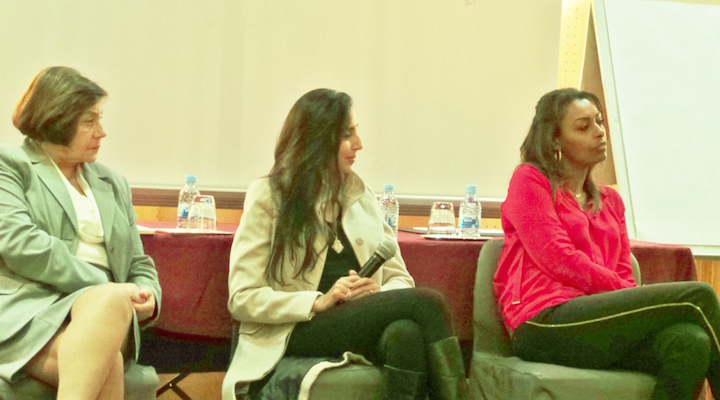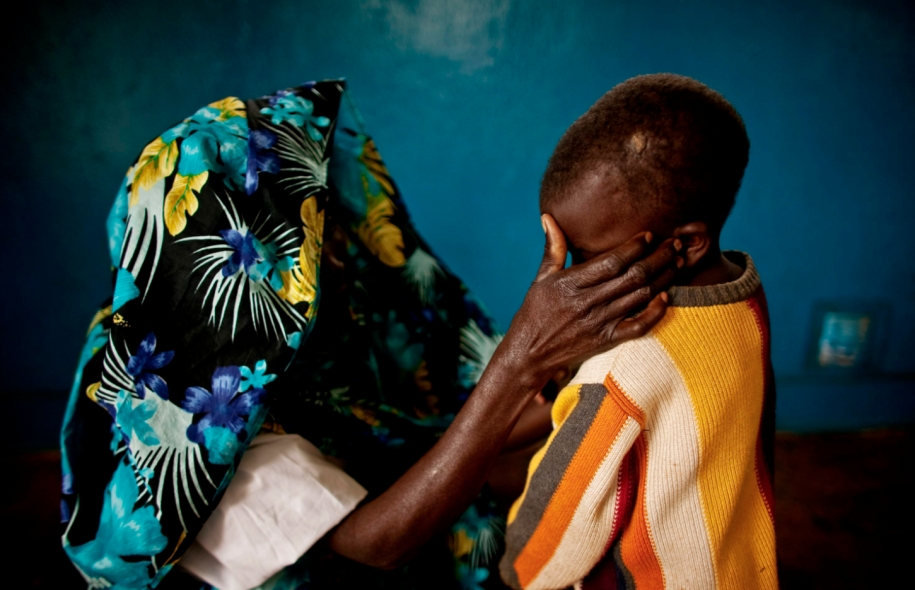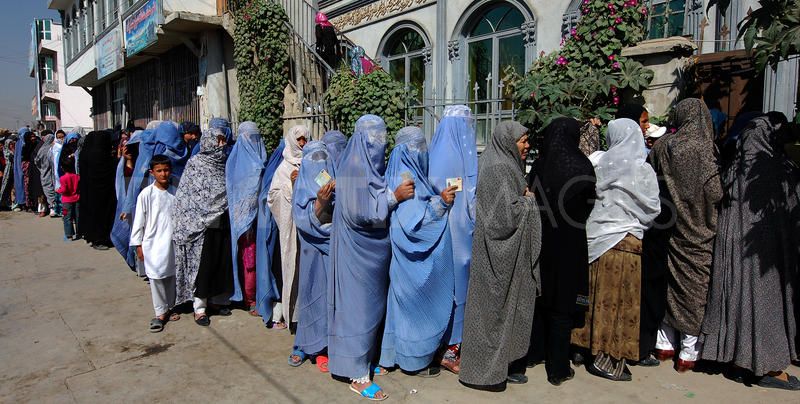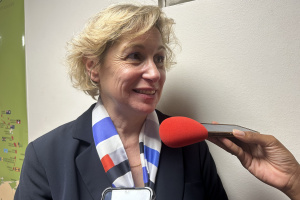Elles se servent de la toile pour partager leurs expériences, débattre de sujets sensibles sur les droits des femmes, se mobiliser contre des lois discriminatoires (dont une, en 2011, contre la polygamie), et sensibiliser les hommes à ces questions. Les Iraniennes utilisent également cette liberté virtuelle pour lier des relations d’amitié avec des hommes, se sentant plus en sécurité derrière leur ordinateur. En outre, le monde virtuel leur donne la possibilité de montrer qui elles sont vraiment – notamment avec leurs photos – sans être forcées de porter un voile et un manteau. Cependant, les discriminations persistent, même dans le monde virtuel, car il s’agit d’un espace où la domination masculine, bien que plus latente, est présente. Ainsi, les femmes agissent en fonction de ce qu’elles pensent que les hommes attendent d’elles – par leurs photos, statuts, commentaires, ajouts/rejets de demande d’ami, applications, discussions, etc. Les Iraniennes se sentent néanmoins plus libres de s’exprimer, et en cela deviennent des personnes plus indépendantes, grâce au cyber-espace.
Gender related problems are historical challenges in Iran that is deeply rooted in culture and religion. Although women try to get free from this undesirable inheritance, severe limitations in society make them less successful. Cyberspace provides women with a space that is less sensitive about culture and religion and more open to contradiction and diversity. While Iranian women are what we could call a non-successful group in real life, they look for their demands such as freedom of speech, thought, interaction, and clothing in cyberspace. Nowadays, a great number of Iranian women are active in cyberspace as bloggers, social network sites users, and so on.
Women can be more successful in attaining their goals if they get aware of their common concerns. The patriarchal system via the process of socialisation tries to depict women’s condition as natural. Cyberspace provides a space of discussion for women to speak about their thoughts and feelings. A lot of women bloggers write about their experiences, which are impossible to share in real life. The most important outcome of this kind of activities is failing patriarchal process in naturalising gender ideology. Additionally, women’s collective action is possible as a result of recognising common interests by the virtue of cyberspace. For example, about two years ago women use cyberspace to inform other women from a bill that let men to practice polygamy. Widespread objections prevented its enactment.
A space to talk with men, also about women
Women must make others aware of their condition to reduce gender related problems. But most of the time, they are denied the right to speak their thoughts and share their concerns. Limits on interaction with men exacerbates this situation. This limitation means women cannot negotiate their rights and demands with a group who manages and controls society at almost all levels. Women are less concerned about interacting with men in cyberspace. The anonymity that cyberspace provides allows women to speak about their experiences, desires, and worries regardless of people’s judgment. They can also bring sensitive issues to discussion for a large number of people and ask about their attitudes toward them.
Interacting with men is not limited to formal conversation about women’s condition and demands. Sometimes they look for friendship with men. Women feel very secure in virtual friendship because they have more control on the relationship and are able to put an end to it with no difficulty. In addition, women try to change men’s point of view about women by setting them free from gender stereotypes.
No more issue of clothing
One of the most popular ways that people introduce themselves to others is clothing; but Iranian women’s appearance does not truly represent them because of fear from people’s judgment, sexual harassment, and the moral police. Their clothing is controlled by their family, society, and government in terms of colour, length, design, etc. Conversely, women feel free in cyberspace to choose their appearance according to their wish, for instance with the pictures they share on Facebook.
But an underlying domination persists
Although cyberspace provides a space of interaction and communication for women, somehow it cannot enact its potential for diminishing gender inequality and disparity. Cyberspace is not accessible for men and women equally. Like public space, cyberspace is a male-dominated space, although this domination is more latent. For example women care about men’s attitudes toward their photos, name, status, comments, adding or rejecting a friend request, choosing games and applications, and starting a discussion.
Nonetheless, cyberspace does help women to be more active and effective persons in society. They are freer in speaking, communicating, interacting, and clothing in the virtual world. Women seem to compensate their frustration in concrete life by participating in cyberspace.
Mehri Shahzeidi, Iranian graduate student in women’s studies, currently conducting a research on Iranian women in cyberspace
















































